Smart Charge Point Regulations 2021 guide
Becoming law on 15 December 2021 and into force on 30 June 2022 let's take a closer look at these regulations
The way you charge your electric vehicle from June 2022 is changing but don’t worry, this handy guide will explain what’s changing and what isn’t...
Firstly, the reason for the change is due to the introduction of The Electric Vehicles Smart Charge Point Regulations 2021 which comes into force in most of the United Kingdom, with the exception of Northern Ireland, on June 30th 2022.
These regulations cover charge points being sold in a domestic or workplace setting but, importantly, the regulations do not affect any existing domestic or workplace charge points already installed.
So, if you have already have a charge point at home then there’s no change for you. Equally, if you are a business owner with workplace charger(s) already installed these regulations do not apply to existing infrastructure.
But if you're thinking of getting a home charger or workplace charger installed after 30 June 2022 then these regulations are for you!
New to EV charging?
Read our guide on charging now
Key points at a glance
The Electric Vehicles Smart Charge Point Regulations sets out, in law, what newly installed home and workplace chargers should have the capability of doing...
These regulations set out that all new EV chargers should come with smart functionality, thus allowing the charging of an electric vehicle when there is less demand on National Grid or when more renewable electricity is available.
Default off-peak charging window
Demand for electricity is at its lowest overnight, therefore the optimum time to charge an EV is during this period. As the network and electricity generation gets smarter overnight top ups will be the lowest cost and lowest carbon cost.
Variable start and end charge times
These regulations also mandate the need for smart chargers to randomise start and end times in a 10 minute window. For example, the driver selects a 1am charge start time, the charger actually starts at a random point between 1am and 1:10am.
Only applies to new charger installs
If you already have a home or workplace charger installed these new regulations do not apply.
These regs are only for new charger installations after 30 June 2022.
Smart charging is the future
The regulations cover several aspects of charging electric vehicles but are mainly concerned with ensuring that with the increasing number of EVs hitting the road, the additional capacity needed on the National Grid is intelligently managed.
With this in mind, the regulations introduce a default off-peak charging window, which in theory means that the growing number of EVs aren’t all plugged in at the same time and when demand for electricity is highest. The National Grid currently experiencing two peak load periods in a day, one in mid morning and a larger second one between 6pm and 10pm. Outside of these times and particularly overnight the demand on the Grid is much lower.
So it makes sense to try and charge up stationary electric vehicles at a time when other usage is at its lowest.
In a further move to prevent the possibility of hundreds of thousands of electric vehicles all switching on at the same time, the regulations also confirm the need for smart chargers to include a randomised start and end time of anything up to 10 minutes. Even staggering start and end times by a few seconds or minutes has been found to help the Grid cope with EV demand. The Electric Nation project (more information on it can be found here) showed a clear spike in electricity demand at 10pm as trial home chargers all clicked into life.
There's also provision in these regs for energy companies in rare circumstances to stretch these 10 minute windows up to 30 minutes, but we're not expecting this to be a common occurrence.
One thing to note with this 'random' delay being introduced is that if you have your own house battery or solar array then the delay doesn’t apply, it’s just for the juice coming from the grid.
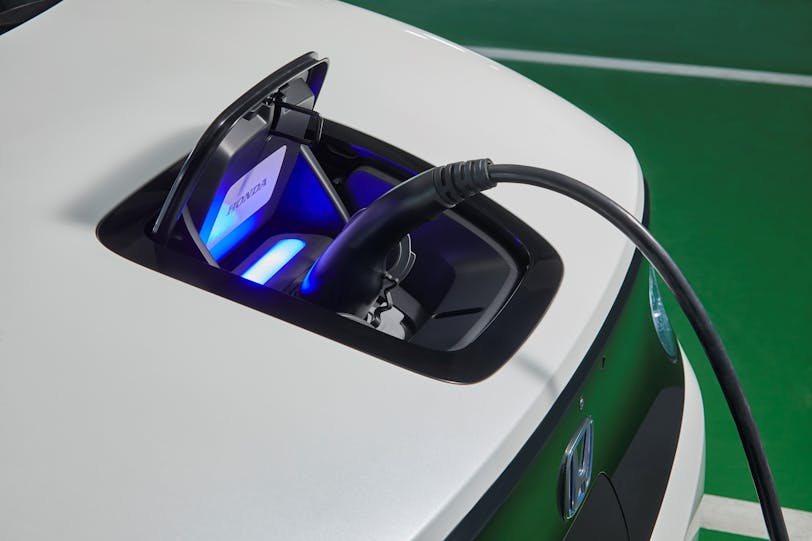
The other consideration is for people currently on an off-peak energy tariff, say 1am to 4am at a cheaper rate, then it is possible that occasionally the charge may not start at 1am but 1:10am instead and likewise at the end of the charge it might stop charging at 4:10am, which would mean paying for 10 minutes of energy at a higher tariff.
Finally, the regulations include steps to allow energy providers to offer Demand Response Services, i.e. variable rate electric pricing, offering cheaper prices when demand is low and higher pricing when demand is significant.
Important to know
While these regulations are an important stepping stone to the UK having a smarter grid which is able to flex better to electricity demand and supply, they do not cover the actions of the end-user, i.e. the homeowner, after the charge point has been sold and installed.
Therefore, the end-user may or may not want to download a smartphone app to access any smart controls for the home charger. The homeowner may even remove any smart capability from the charger, instead wanting to use the charger as soon as an EV is plugged in.
There's nothing in these regulations which prevent either of these actions from occurring.
More changes from December 2022
The regulations also have a second phase which came force from December 2022, in which all new chargers will need to ensure that all data sent and received is encrypted, with additional protections for safety-critical functionality and notifications on any cyberattacks.
Do these regulations impact public charging networks?
These regulations do not apply to the public charging networks.
Our electric car lease specials...
Cupra Born 169kW e-Boost V1 59kWh 5dr Auto
- £2,098.85 Initial rental (ex. VAT)
- £2,518.62 Initial rental (inc. VAT)
- 48 Month term
- 5000 Annual mileage
- Subject to status and conditions + arrangement fee
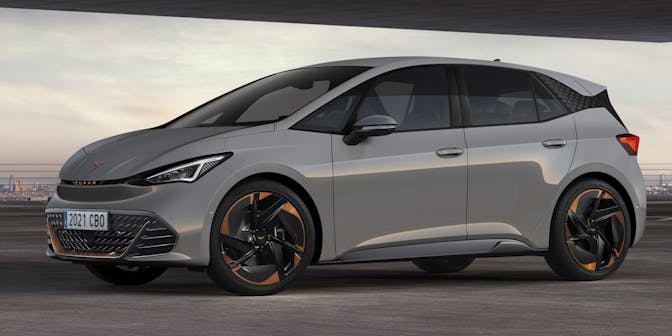
Ford Puma Gen-E 123kW Select 43kWh 5dr Auto
- £2,147.79 Initial rental (ex. VAT)
- £2,577.34 Initial rental (inc. VAT)
- 48 Month term
- 5000 Annual mileage
- Subject to status and conditions + arrangement fee
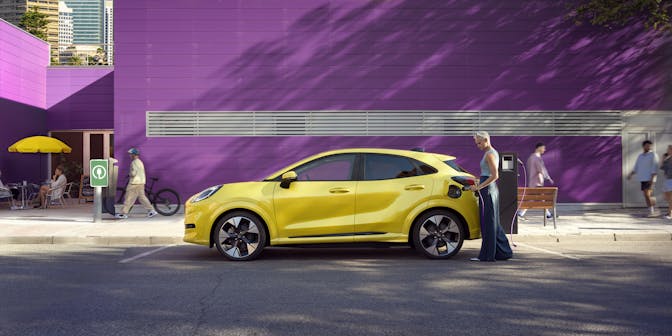
Volkswagen ID.5 210kW Match Pro 77kWh 5dr Auto
- £2,722.90 Initial rental (ex. VAT)
- £3,267.48 Initial rental (inc. VAT)
- 48 Month term
- 5000 Annual mileage
- Subject to status and conditions + arrangement fee
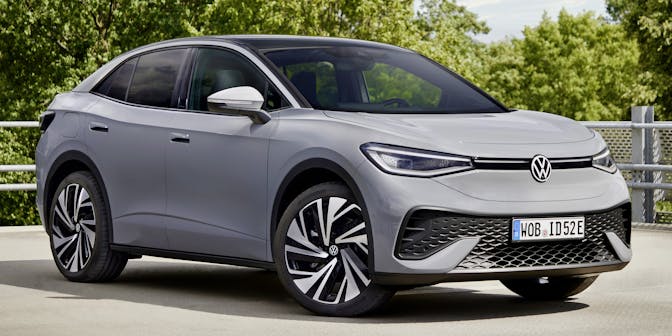
More EV guides
Understanding Vehicle Excise Duty (VED) or "Road Tax" for EVs
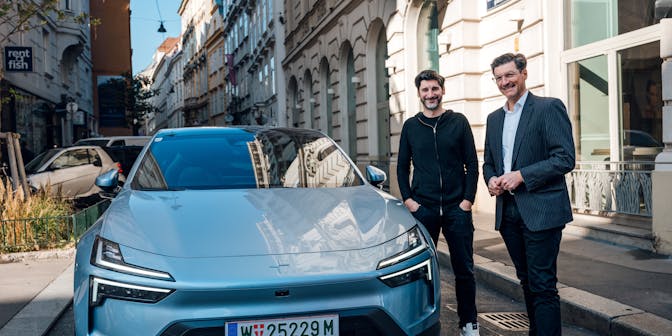
How to save money on a new car with Salary Sacrifice
How is salary sacrifice calculated?
